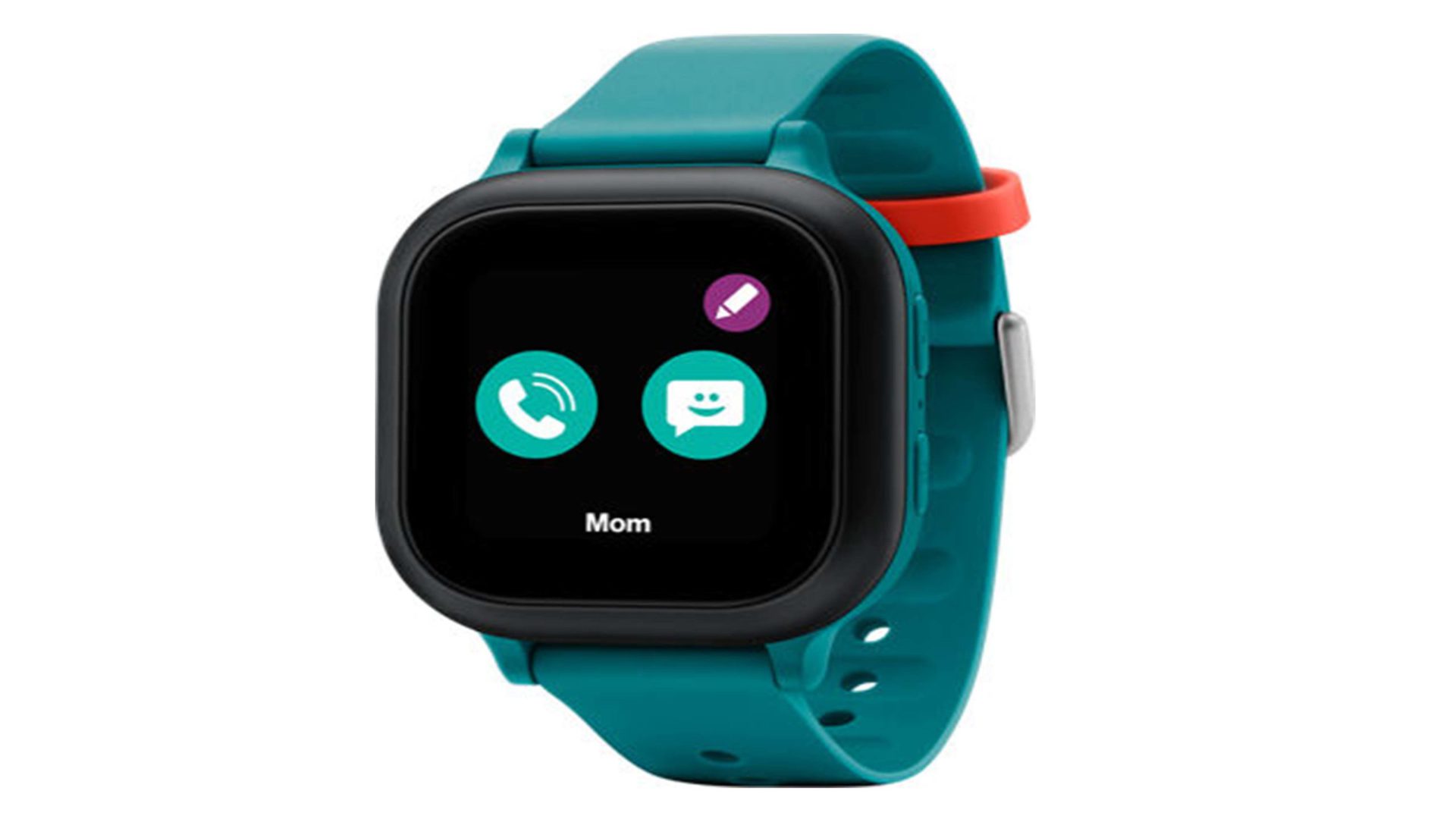Affiliate links on Android Authority may earn us a commission. Learn more.
The best phones for kids for 2024: We explore over a dozen options
October 1, 2024


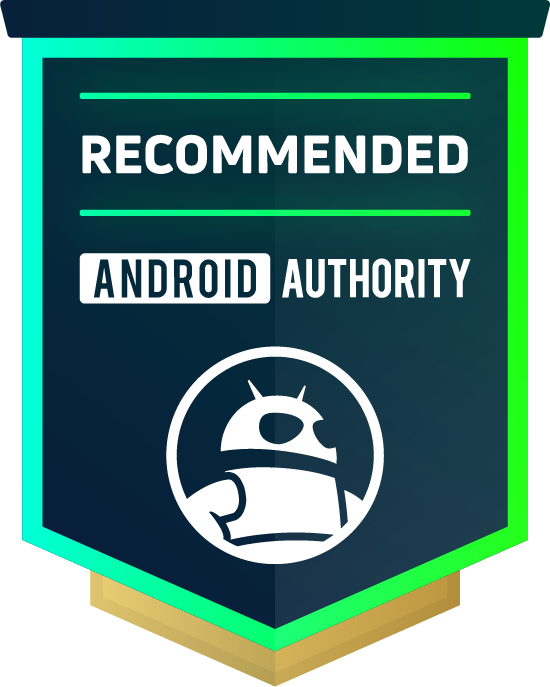




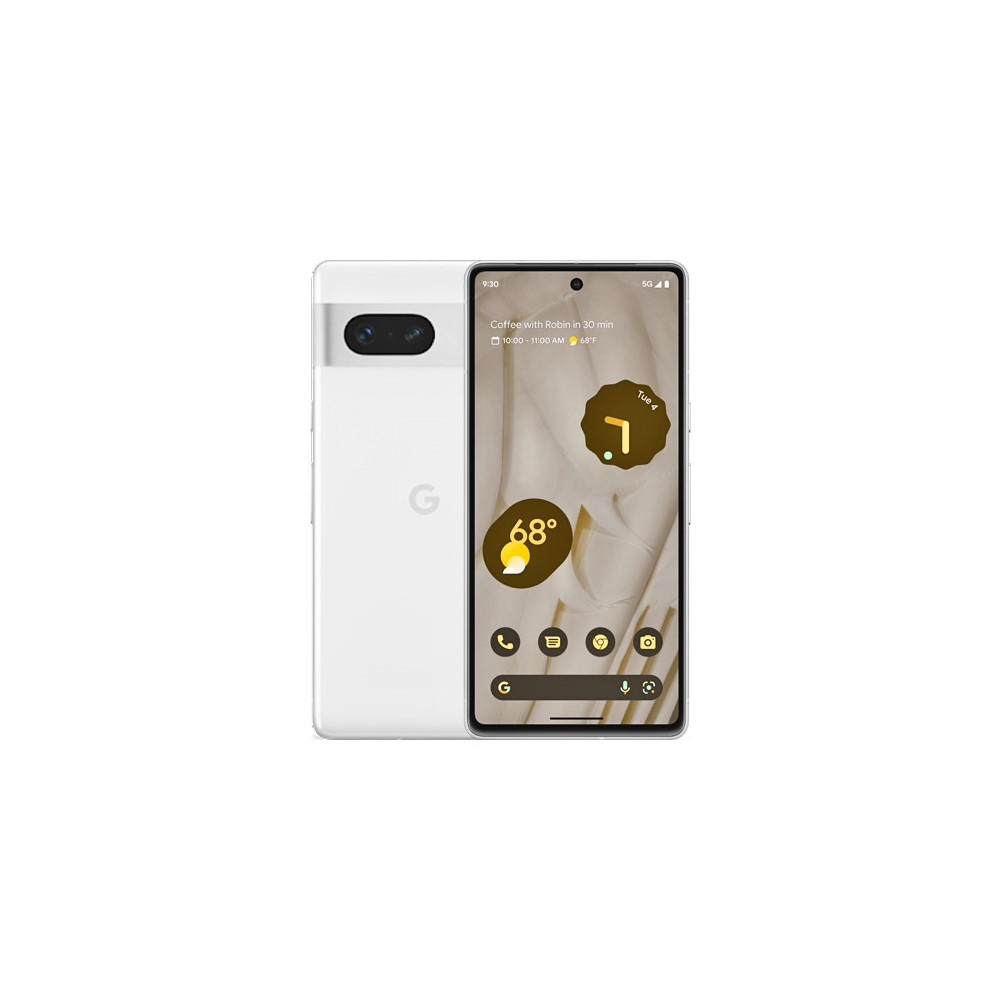
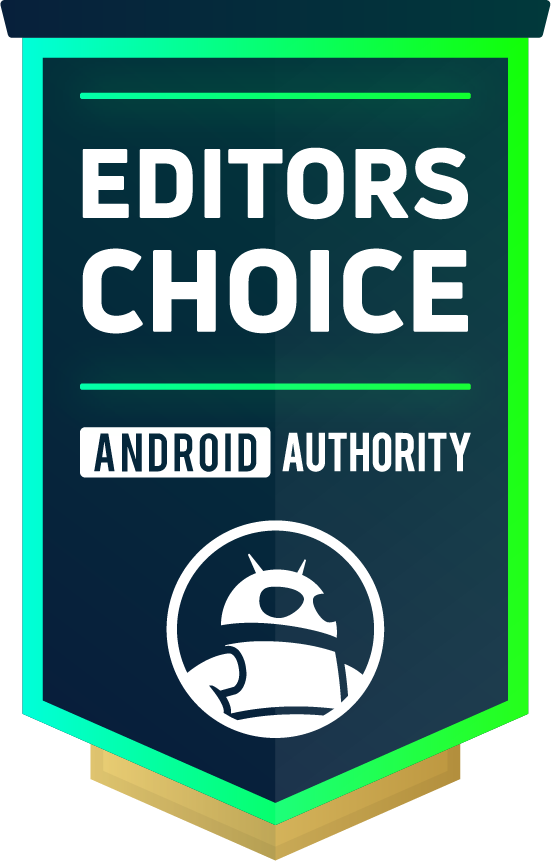
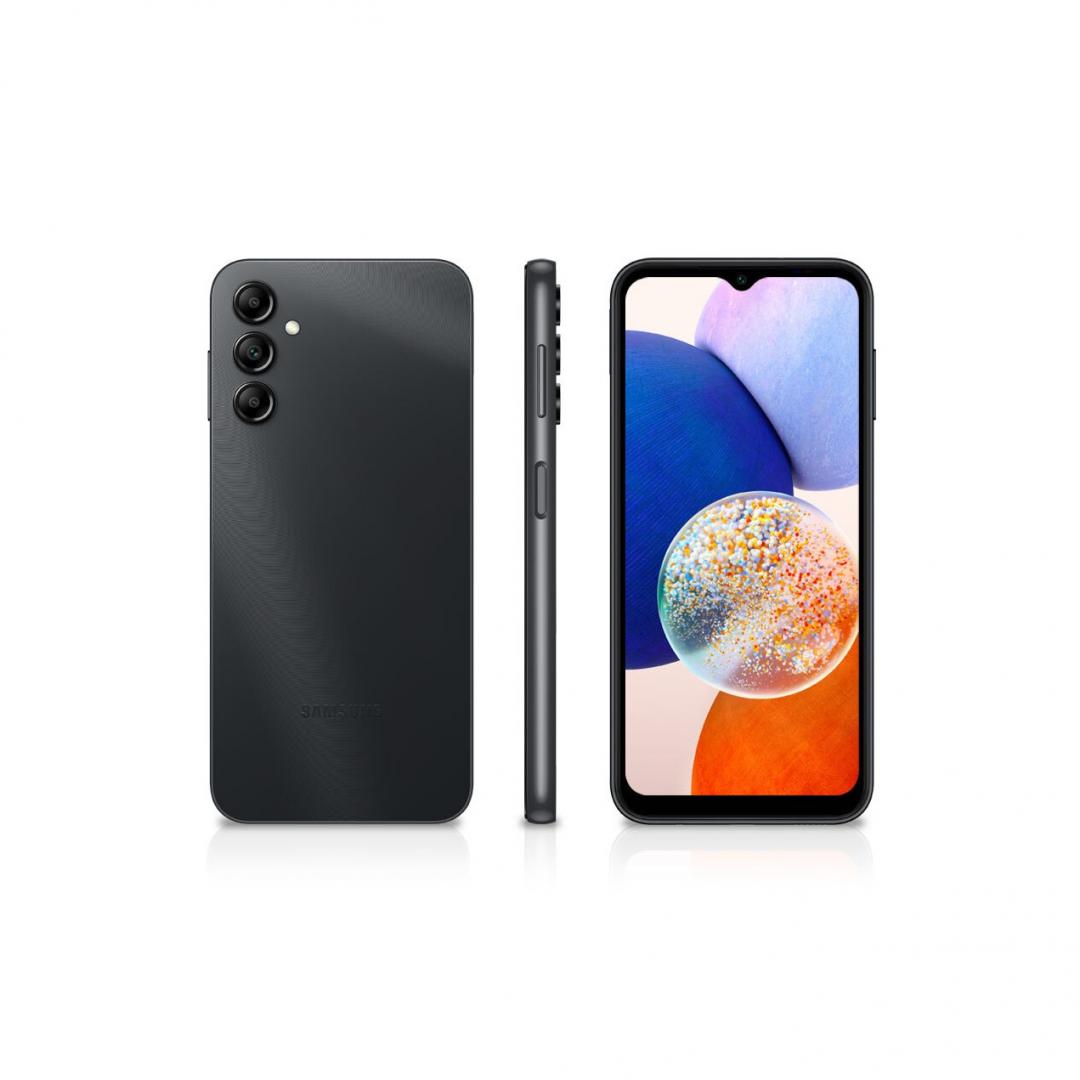



Smartphones have become increasingly common even among grade schoolers, though the choice of whether to give a kid a phone or not varies from family to family. Every kid is different when it comes to personal responsibility, schedules, living arrangements, and more. If you’ve come to this guide, you’ve likely already decided that your kid is ready for a phone. Sound like you? Let’s jump right in and take a look at the best phone for kids.
QUICK ANSWER
The best phone for kids will vary depending on your child. Still, the most popular choice will be an iPhone or Samsung device. Anything newer than the iPhone 12 is a great start, as is the iPhone SE 2. For Samsung fans, the Galaxy A14 or Galaxy A54 are worth a look, or the Galaxy S24 if you don't mind spending a bit more.
Start by figuring out what kind of communication device you’re looking to get your kid
Before we can jump into the actual recommendation process, it’s important to note there are quite a few different routes a parent can take when buying their kids a mobile device. Here are a few questions you should ask yourself to figure out what path makes sense for you:
- Do you want built-in parental controls for your kid’s phone? This means your phone will ship with pre-installed software that makes it easy to restrict what your kids have access to. Be aware that in most situations, these phones will still be made by major brands like Samsung, just with custom software. This is perfect for those who want an out-of-the-box way to keep their kids safe online. If this sounds like the solution, you’ll want to head to our section discussing the best phones with built-in parental controls.
- Do you want a call-capable smartwatch instead of a full phone? If you have a younger kid, you might not be ready to give them a phone but still want a way to keep in touch. In our best phone alternatives section, we discuss smartwatches and other gadgets designed as an alternative for younger kids.
- Want to keep apps and the internet off the table completely? A basic phone would be the best choice if you just want something basic where your kids can call and text you. Check out our section on the best feature phones for kids.
- Are your kids gentle with their electronics, or rough? If your kids have a history of being rough with their toys and tech, you’ll want to jump over to our section on the best durable phones for kids and teens. Just be aware, you’ll likely need to add your own parental control solution.
- Don’t mind setting up parental controls yourself? There are plenty of great parental control apps you can install easily yourself, which allows almost any phone to be a good phone for your kid. If you don’t mind setting up parental controls yourself, check out our sections discussing the best Android phones or best iPhones for kids and teens.
- How important is the phone’s brand? Don’t underestimate the importance of brand power to kids, especially older kids and teens. If you walk into most schools in the US, most of the phones you’ll find will be iPhones. If this matters to you or your kid, you’ll want to skip to our discussion on iPhone-specific recommendations. For those who only care a little about brands, Samsung is easily the second most popular brand, and plenty of the company’s phones are available throughout this guide’s different categories.
Best phones with built-in parental controls
If you’re looking for a phone with built-in parental controls, you have two main options: pick a device with its own cellular plan tailored for kids or pick a device that can be brought to any carrier.
We highly recommend the Bark Phone for the former path as it has way more flexibility compared to similar devices like the Gabb Phone. The Gabb Phone is a good alternative to the Bark Phone if you want a more limited “first phone” experience for your kids, just be aware they’ll likely grow out of it by their pre-teen years. Another option would be to get a phone from Troomi, which offers more functionality than the Gabb Phone and uses a similar model where you buy the phone and get the service from the seller directly.
What if you want a device you can take anywhere? We recommend Pinwheel, which offers a few different phones to pick from. Our favorite is the Pinwheel Pixel, which is just a Pixel 7a rebranded with customized software, and you can bring it to just about any carrier.
Pinwheel Pixel: the best option for most
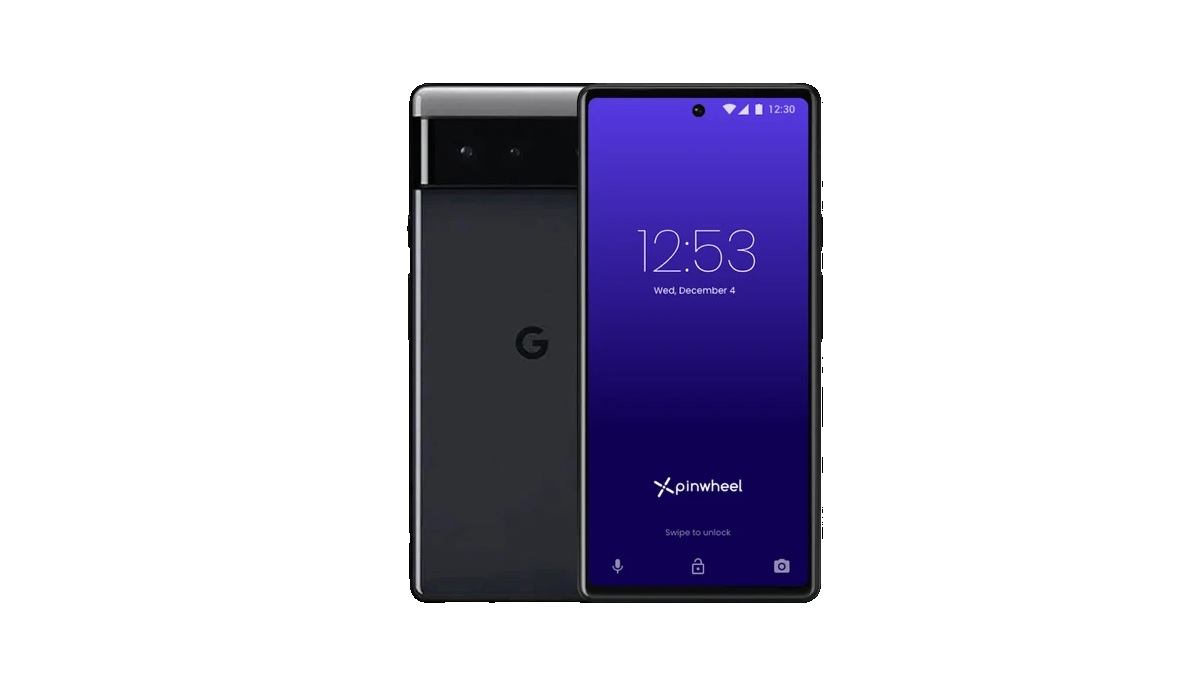
Suppose you’re looking for a phone with a built-in solution for parental controls. In that case, the Pinewheel Pixel features Pinwheel OS customizations running on top of a rebadged Pixel 7a.
Regarding parental controls, you can manage the contact safelist, monitor text and call history, use GPS location, manage screen time with schedules, and even great to-do lists that your kid can check off from their phone. There’s also a curated app store and more. As your kid gets older you can choose to loosen some of the controls, which makes Pinwheel a great transition phone that you can get for an older kid and it won’t be completely embarrassing by the time they reach their teenage years.
As for the hardware, you get a Tensor G2 processor with 6GB of RAM and 128GB of storage. There’s also a great camera experience that is almost as good as many flagship phones, and it has good enough battery life to make it through a whole day’s use but not with much extra to spare.
Bark phone: a good option that includes its own cellular service
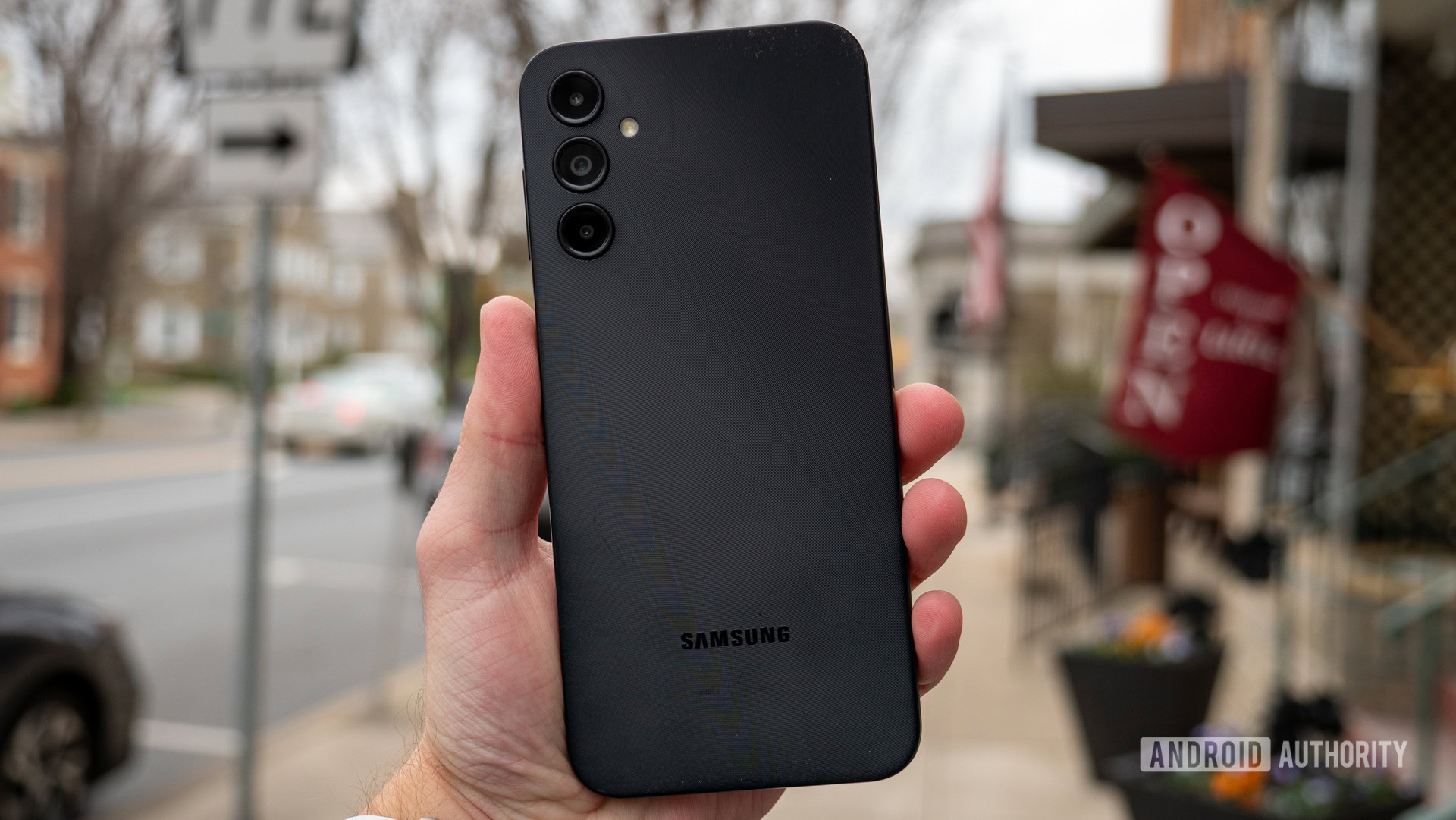
The Bark phone is a modified Samsung Galaxy A13 with a kid-friendly OS based on Android. There’s full parental control, its own app store, and much more. Bark stands out because while you can lock down the experience much tighter than a standard Android phone, you can also enable extras like the Google Play store. This makes the Bark Phone a good device for kids to grow with. Under the hood, the phone is what you’d expect from the A13: an Exynos 850 SoC, 6GB of RAM, 32GB of storage with microSD for expansion, and a basic camera with a 50MP main camera.
As for the Bark phone service? The basic plan starts at $29 a month for unlimited talk and text, but it removes apps and the browser and has no data. To unlock the full experience, you’ll pay $49 a month for Wi-Fi-only access to apps, internet, and more. You can add 4GB of data to the mix for just $10 more a month. As you can see, it’s a bit pricey, and you’ll definitely pay less in the long run if you buy a device like the Pinwheel Pixel, as you can use them with just about any carrier, including some of the cheapest prepaid plans.
The pros and cons of getting a phone with built-in parental controls
The best advantage to a phone with built-in controls is that it’s much easier to set up, as you don’t have to research 3rd party apps or jump through a bunch of hoops. The other biggest positive is that many of these phones are very affordable or even free with monthly plans. These plans often include full cellular coverage as well, which may be a pro or con, depending on your family.
Unfortunately, phones with built-in parental controls also have a few pitfalls of their own:
- This path offers much less flexibility, as there are only a few models to choose from. The phones tend to be lower-end and will stand out if the rest of your kid’s classmates are all rocking iPhones or newer Galaxy phones. The good news is that many of these phones are still made by brands like Google, and a few are good, like the Pinwheel Pixel.
- Your kids may age out of these in just a few short years. If your kid is 11 now, they’ll likely want a ‘fuller’ phone experience than these phones can offer once they reach their teenage years.
- Phones that require custom plans, like the Gabb Phone, often have little to no data options and are mostly for calling, texting, and using over Wi-Fi. Phones with custom plans also can’t be unlocked and taken to a conventional carrier like AT&T, Verizon, or T-Mobile.
Best call-capable smartwatch for kids
Don’t want to give your child full access to a smartphone but want a way to contact them and ensure their safety? A smartwatch with calling capabilities is a great alternative. There are many options with varying quality, though below, we’ll highlight just two options.
Apple Watch SE 2 (GPS+Cellular): The best smartwatch for older kids and teens
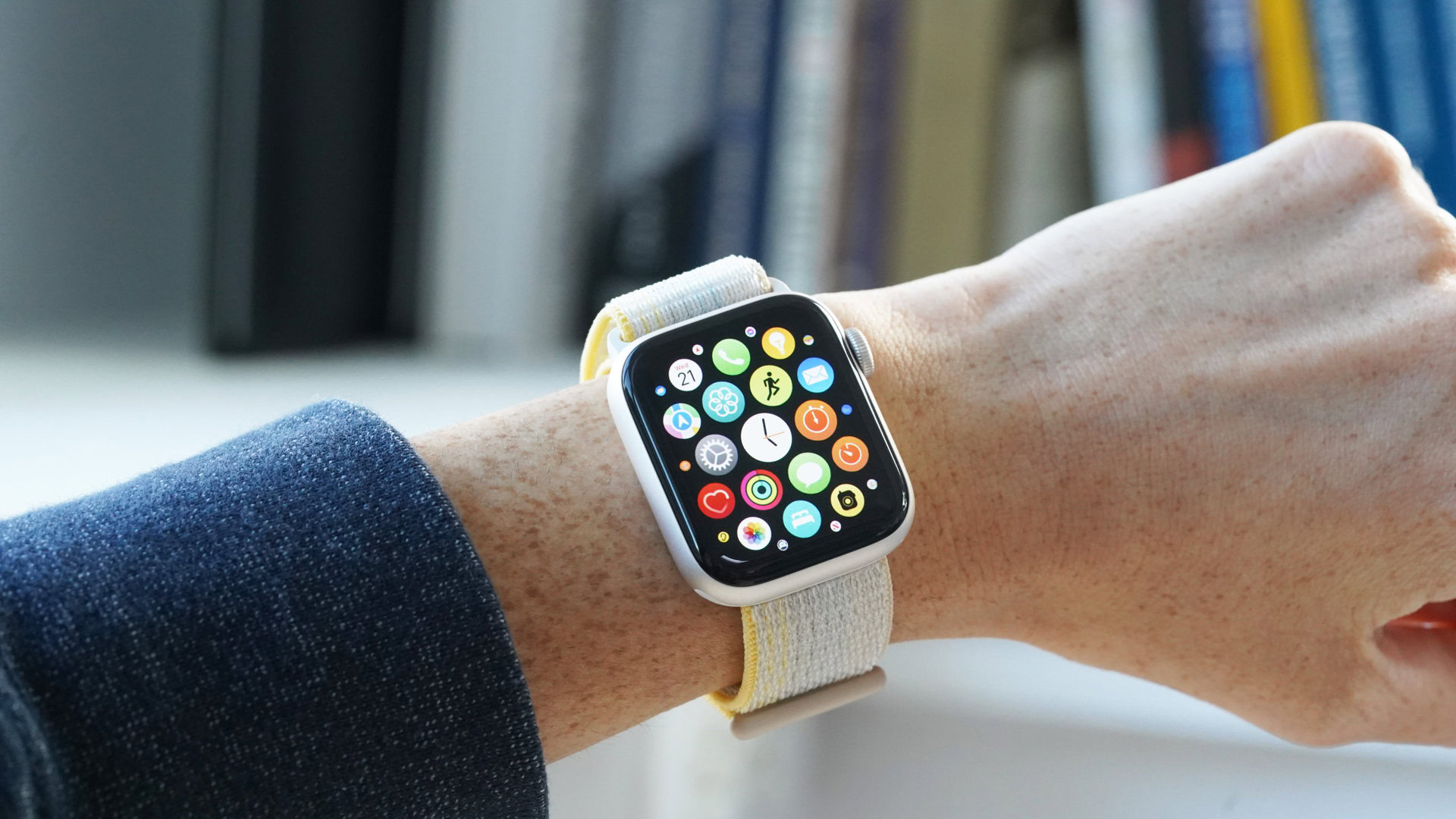
Not only is the Apple Watch the most popular smartwatch brand, but it’s also a great way to keep track of your kids. The only catch is you need to have an iPhone yourself to set the watch up using Apple’s Family Setup feature. Once you set up the watch you can use it independently for calls and texts, as long as you buy the version with Cellular support. Your kid will be able to download watch apps, use fitness features, talk to Siri, and more. The good news is they won’t have full-blown access to the web and there are even Apple parental control features like a Schooltime mode that blocks certain distracting features during school hours.
The best thing about the Apple Watch is your kid won’t feel like they have a “baby watch”. Apple is a popular brand so it’ll look fashionable and won’t stick out like a sore thumb the way other options might. As they get older and get a full smartphone, they’ll also likely continue to use the watch as well. That makes this a better investment than our second smartwatch recommendation, as it will work well for both older kids and teens.


Verizon GizmoWatch 2: a great option for younger kids
The GizmoWatch 2 isn’t nearly as powerful, feature-heavy, or even as nice looking as the Apple Watch SE. Don’t let this fool you; it’s actually a great communication device for younger kids. It’s water resistant, durable, and has up to four days of battery life, depending on your use. There are also basic health-tracking features and apps. As for parental control features? Parents can set up location alerts, to-do lists, step goals, “quiet times,” track their kids, and more.
The pros and cons of getting a smartwatch for your kids
The biggest advantage to a smartwatch is the device lets you track your kids and keep in touch, but it also has limitations, such as a lack of a true browser, but it still has advanced features like some apps and fitness features. This makes it a better fit for younger kids unprepared for a full smartphone experience. That’s not the only advantage; a smartwatch will also be harder for your kids to lose than a phone, as long as you can get them used to wearing a watch and only taking it off to put on a charger.
Unfortunately, using a smartwatch as a phone alternative has a few pitfalls too:
- Unless your kid has a Bluetooth headset, they’ll be stuck taking all their calls on speakerphone. This not only can cause feedback that makes calls a bit harder to hear, but it also lacks privacy. For really little kids, this probably won’t matter, though.
- Older kids might feel a bit “left out” if you give them an Apple Watch SE while the rest of their friends have iPhones or Android phones that can watch YouTube and more. That makes watches a better option for pre-teens and younger, or those teens who have proven they aren’t ready to handle a real phone without getting into trouble.
Best feature phones for kids
Feature phones (dumb phones) can be a great way to stay in touch with your kids without giving them unrestricted access to the web, apps, and other smartphone features. Feature phones are also typically much cheaper, with even more expensive models running well under the $100 mark. While there are plenty of options, we’ll just recommend one option as we feel the Nokia 2780 Flip is probably the best balance of price, features, and reliability.
Nokia 2780 Flip
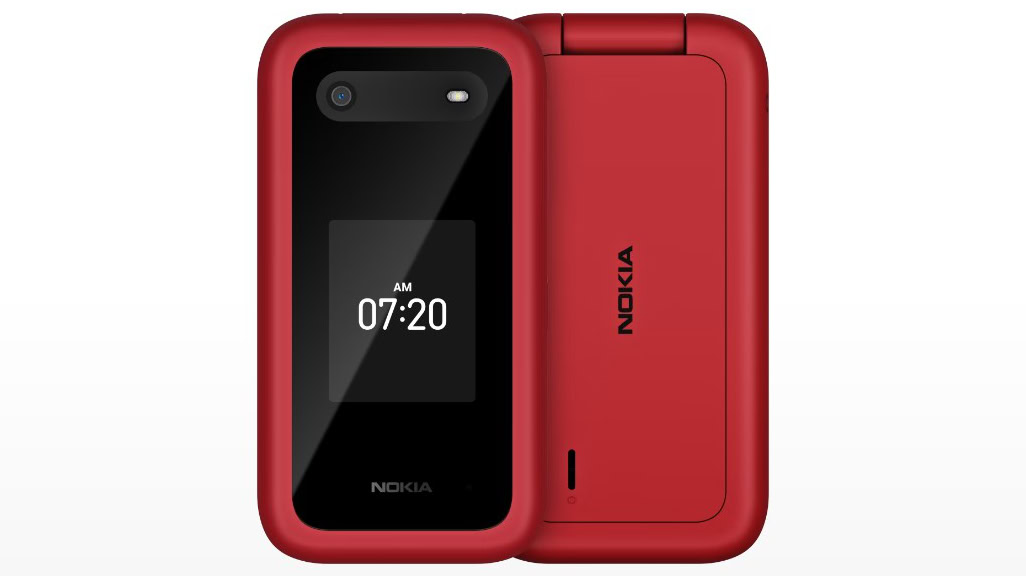
This is the spiritual successor to Nokia’s most successful phone, the Nokia 3310. Not only is this phone extremely durable, but it also has nearly a month-long battery life, FM radio access, and a few extras like a simple app store and basic web browser. While you won’t be able to add robust parental controls, the limited nature of the 2780 Flip makes it a much safer bet than a full smartphone for younger kids or those who haven’t proven responsible enough for a smartphone.

The pros and cons of getting a feature phone for your kids
The biggest pro to a feature phone is its limitations, but let’s also not forget about battery life. While most smartphones need to be charged daily, the typical feature phone can last weeks if not a full month. If your kid isn’t good at remembering to charge up other electronics like tablets and game consoles, a feature phone could be a much better choice over a smartphone.
Of course, it’s not without its downsides:
- A feature phone might cause bullying, especially if you have an older kid or teen. Why? Feature phones are rare and will stand out as “baby phones.” This won’t be an issue for younger kids and even some preteens, but it’s something to be aware of.
- Your kid is likely to outgrow a feature phone when they are older or in their teens.
- Feature phones don’t have nearly as good of cameras for kids who love to take a lot of photos and videos.
Best durable phones for kids
A durable phone is a great option if your kids are rough with their electronics. Not only are rugged phones built to last, but they are often designed for field use and, therefore, have great battery life. Just be aware that most rugged phones will cost at least $300 or more, making this a much more expensive path than most of the other devices on this list.
Samsung Galaxy Xcover6 Pro: best option if brand matters to you
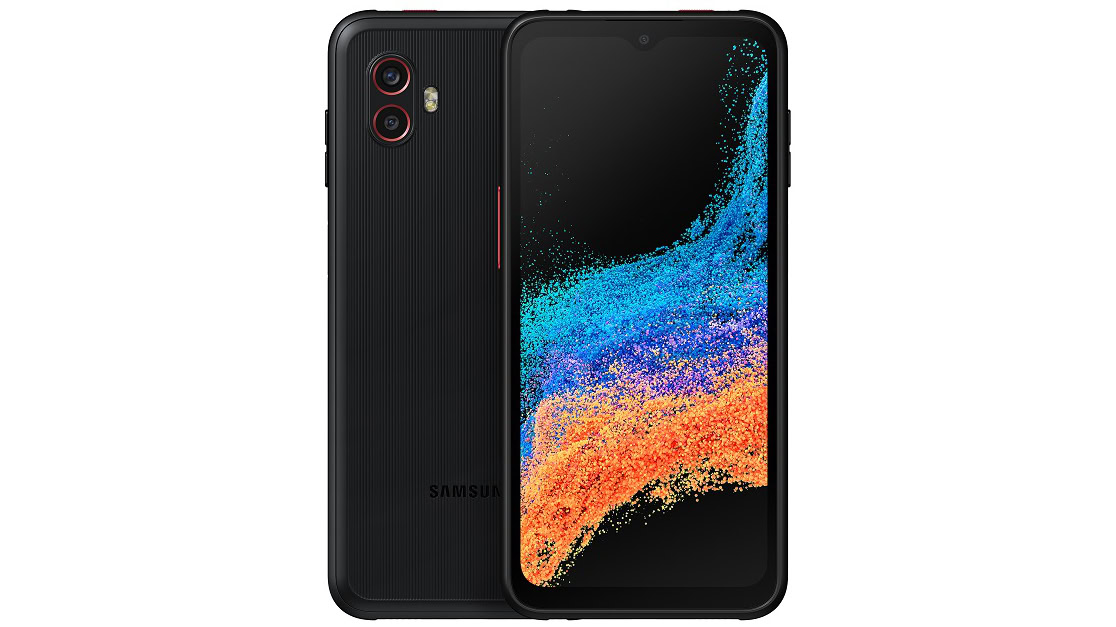
Be aware rugged name-brand phones don’t run cheap, with this particular model typically hovering around the $600 mark. The good news is the Galaxy Xcover6 Pro brings its A-game to durability with Gorilla Glass Victus Plus protection and the latest MIL-STD-810H rating, making it perfect for your accident-prone child. It’s also expensive though, so it’s probably better for an older kid or teen who might be rough, but at least will be better at ensuring it doesn’t end up lost or stolen.
There’s plenty of power here too, thanks to the Snapdragon 778G, 6GB of RAM. Other key specs include 128GB of storage with microSD for expansion, a 6.6-inch FHD+ display, and a decently sized removable 4,050mAh battery. You’ll also get Samsung’s great update policy, so you’ll get timely software updates for years to come. If you don’t mind spending a premium for a decent spec’d rugged phone with a reputation you can trust, you’ll want to consider this.


Unihertz Tank: A great alternative with a massive battery and a cheaper price tag
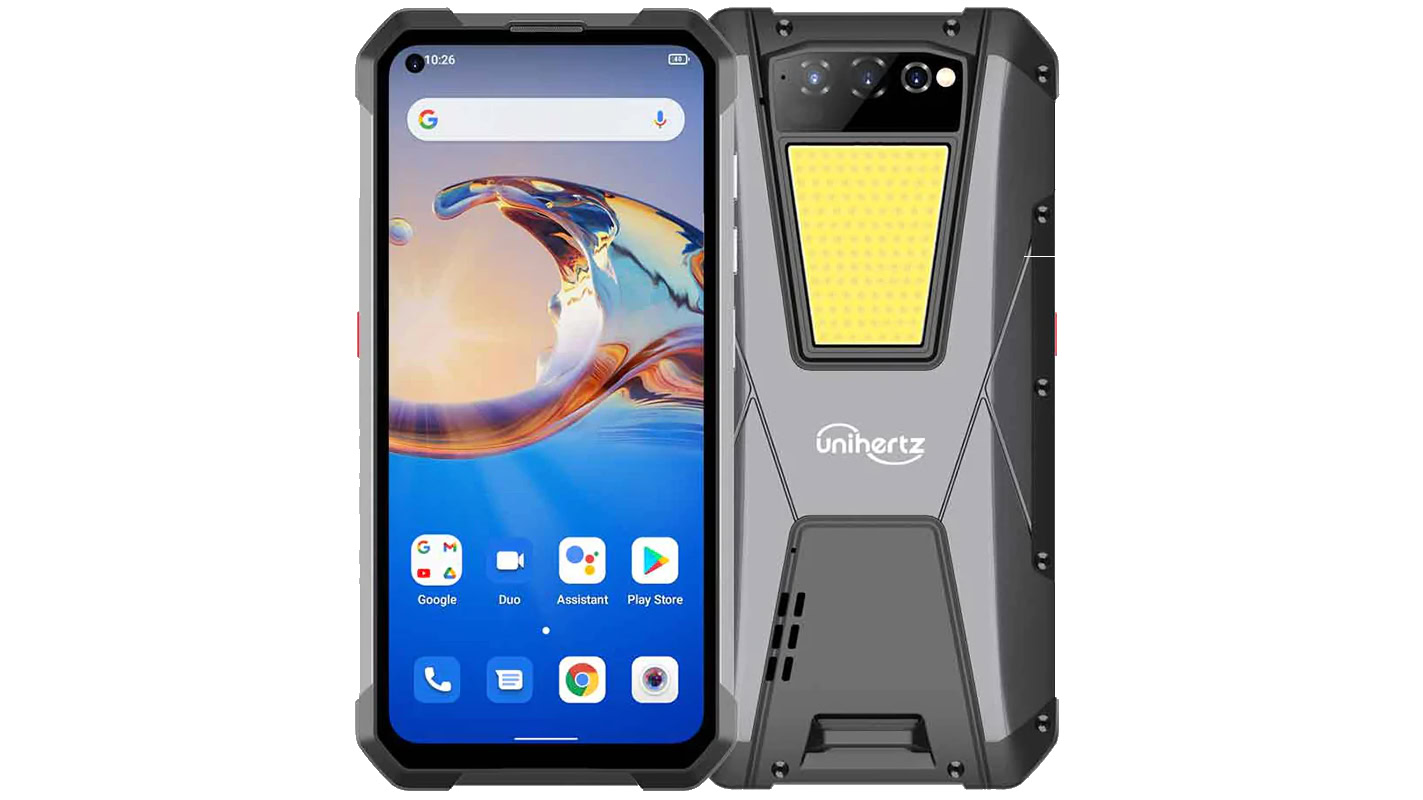
Unihertz builds unique, niche devices, all while offering a fair balance of quality and affordability. The Unihertz Tank earned its name by featuring IP68 and MIL-STD-810H certification. It has a MediaTek octa-core processor, 8GB of RAM, 256GB of storage, a 6.81-inch Full HD+ display, a 108MP primary camera, and even a 20MP night vision shooter. You also don’t have to worry about charging this thing often, which is great for kids who are on the go or forget to plug it in. The phone’s crazy 22,000mAh battery can keep the phone running for several days without issue.
Of course, that big battery and rugged design also mean this is a giant eyesore and isn’t the lightest. If it’s just going to sit in your kid’s bag most of the time, this might not matter. You might want to pass on this for older kids or those who prioritize aesthetics. Of course, if your kid likes standing out and wants something different, they will almost certainly be the only one in class rocking one of these.

The pros and cons of getting a rugged phone for your kid
We already briefly discussed that the biggest advantage of a rugged phone is that it can handle a beating and has exceptional battery life, perfect for those who aren’t so great at regularly charging their devices. Of course, it’s not without its downsides:
- You’ll have to install your own parental control software unless you pick the Pinwheel Rugged 3, as this is really the only rugged phone with pre-installed kid-friendly software we found worth considering, and even it has downsides like it will only work with T-Mobile 4G and MVNOs that run on its network.
- You’ll pay more than most other phones on this list, and yet you won’t necessarily get a more powerful phone, just a more durable one.
- Rugged phones are clunky and less attractive, so older kids and teens might be embarrassed to have them.
Best Android phones for kids and teens
Getting a regular Android phone is a wise move if you want options. There are dozens of great Android phones, including several cheap phone options. Keep in mind there is no kid-optimized software installed by default, but Google makes it easy to set up its Family Link controls.
Google Pixel 7a
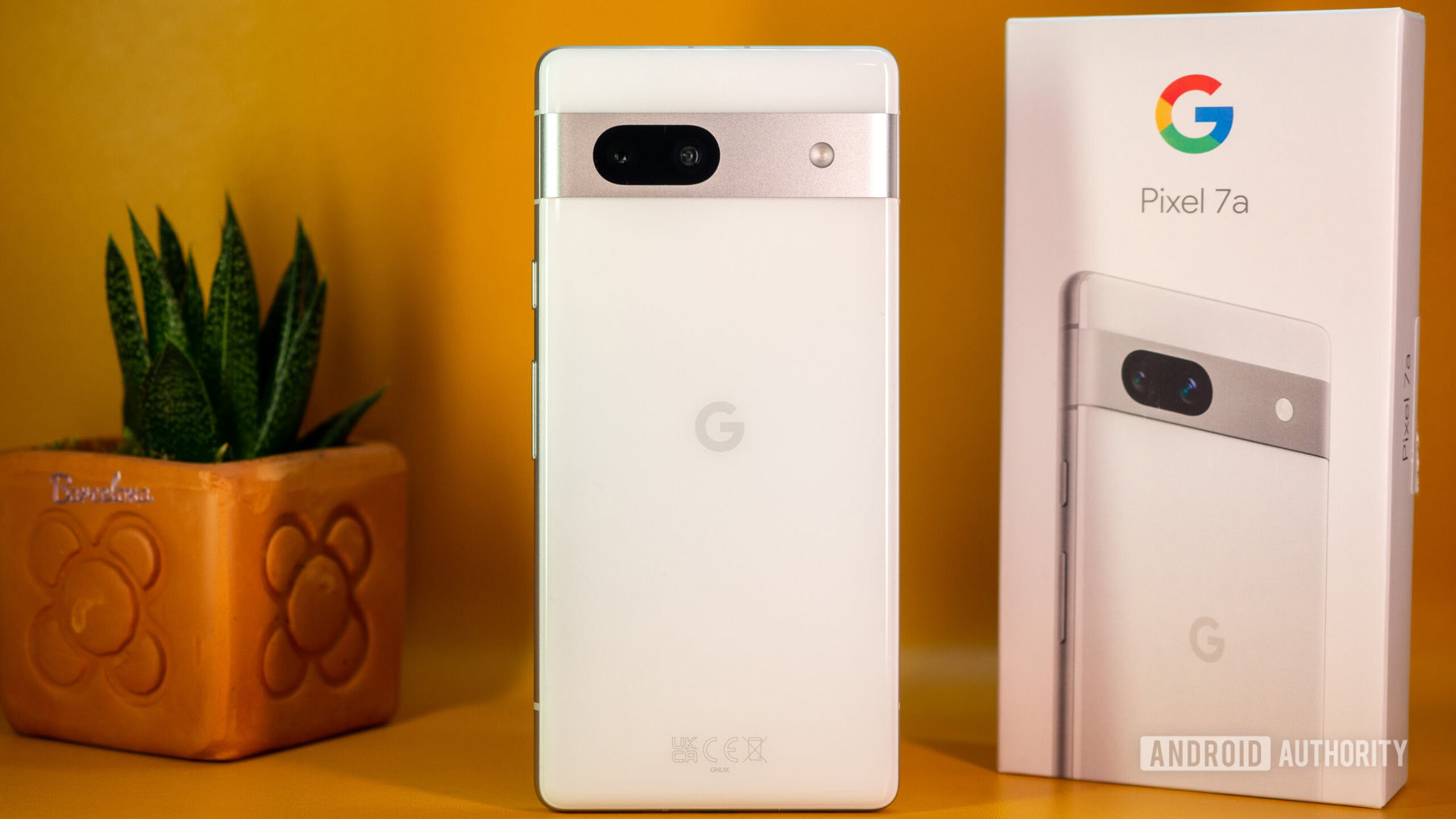
While Google isn’t as popular a phone brand as Apple or Samsung, the Google Pixel 7a is a great phone for kids, especially for teenagers. What makes it a good choice? First, it’s relatively affordable yet has a higher-end experience that will easily best many of the phones on this list. It’s also excellent at taking photos and videos, including great selfies.
The Tensor G2 processor helps enable a lot of the phone’s great photography features, which help it deliver an experience that easily rivals many phones that cost almost double the price. The rest of the specs are quite decent too including a 6.1-inch Full HD+ display, 6GB of RAM, 128GB storage, and a 4,385mAh battery that can easily make it through a day’s use.
Want something a bit more upscale? You can also consider the Pixel 8 ($699 at Amazon) or Pixel 8 Pro ($999 at Amazon). The Pixel 8a ($499 at Amazon) also stands out as the Pixel 7a’s natural successor, with a longer update support policy if longevity is important.


Samsung Galaxy A14 5G

The Galaxy A14 5G has a design that’s fairly reminiscent of Samsung’s flagships. This means it’s less likely to stick out and, therefore, will be more popular with older kids than some of the more generic options on the list. Best of all, it will cost you under $200 or even close to free through select carriers.
In our tests, we found it had a two-day battery life, decent camera performance, and even support for 5G. There’s also Samsung’s great promise of two years of Android updates and four years of patches. The phone is powered by a MediaTek Dimensity 700 or the Exynos 1330, depending on the region There’s also 4GB of RAM, 64-128GB storage, microSD expansion, and a big 6.6-inch LCD display.
Want something a bit more upscale? You should also consider the Galaxy A54 5G ($379.5 at Amazon) or the Galaxy S23 FE ($379.5 at Amazon).


The pros and cons of getting a regular Android phone for your kid
The biggest advantage of a regular Android phone is that it offers a variety of options across all sorts of budgets. There will be no flashy designs or other “kiddie” elements, either, which means your kid won’t be as embarrassed to use it as they reach preteen years and beyond. It also means a regular Android phone could conceivably last your kids years. For example, my daughter rocked the same Android phone from about teen years old to fourteen until I finally upgraded her to a more flagship-level experience.
Of course, nothing is perfect:
- iPhones are more popular, which will matter to some older kids and many teens. Especially if they want to fit in with the cool kids. Whether that matters to you as a parent? That’s totally up to you.
- You’ll have to install your own parental control software.
Best iPhones for kids and teens
An iPhone is a great choice for older kids and teens. Many teens will complain if you give them anything else as an option, as iPhones are perceived as the cooler option, at least in the United States. The good news is you don’t necessarily need a brand-new iPhone.
My daughter is in high school, and most of her schoolmates have either a several-year-old iPhone flagship or a more recent iPhone. The rest rock mostly Samsung devices. You can go either Apple route and still end up paying well under $400, especially if you’re willing to get a refurbished unit. Even better, you may already have an iPhone lying around that you can hand down and install your own parental controls for.
Apple iPhone 12 or newer
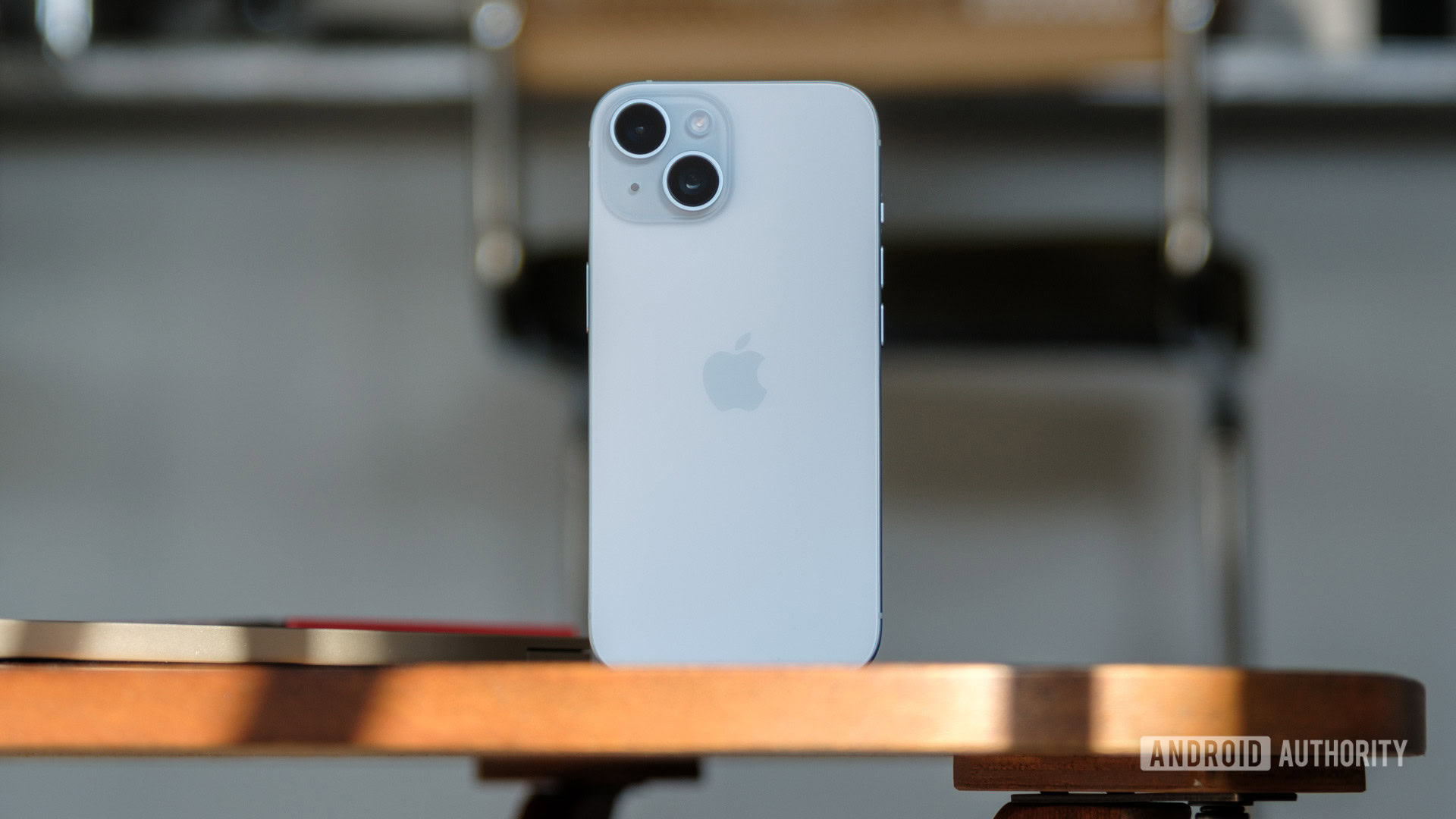
An iPhone 12 is a great starting point, as you can find refurbished models for under $400, and yet you still get a modern iPhone design, a great camera, continued software support, and more. Even gaming and other tasks will work flawlessly on an iPhone 12 or newer.
If you want to go all out, the latest iPhone 15 will last your kids for years, maybe even into early adulthood. The new model includes Dynamic Island even on base variants, as well as a new action button that replaces the mute button. By default, it’ll do the same as the old mute option, but you can also change it to control shortcuts to apps, the camera, the flashlight, and more.


iPhone SE
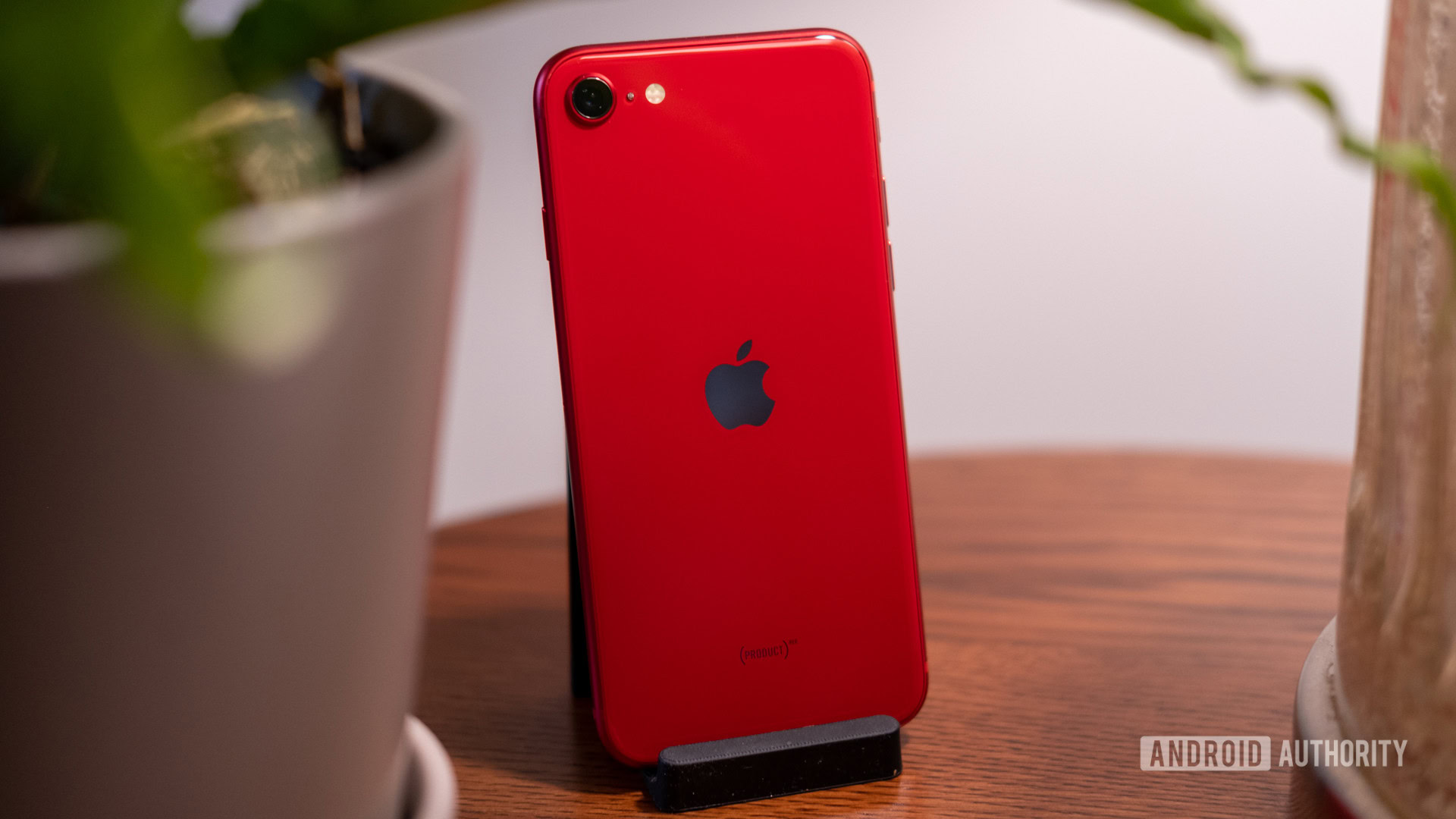
The iPhone SE is a bit of a weird mismatch between modern hardware and old-school design. You get a design that looks more like the earlier iPhones, and yet it still has a powerful processor, great software support, and all the features you’d expect from a modern iPhone, just in a smaller package with a relatively tiny 4.7-inch display. If you don’t mind the smaller size, the only other downsides are the relatively paltry 64GB of storage and a camera that’s nowhere near as good as even years-old iPhone flagships.

The pros and cons of getting an iPhone for your kid
The biggest advantage of an iPhone is going to be its popularity and the fact that it’s the only way to use iMessage. This could be especially important for older kids and teens so they don’t feel left out socially. As long as your kid doesn’t lose or break it, an iPhone also retains its value for longer and stays relevant for years and years, even as newer models come along.
Just like everything else on this list, nothing is perfect:
- iPhones are more expensive, and also more likely to be stolen by a jealous schoolmate. Yes, this happens!
- You’ll have less control. While there are decent options out there for locking down an iPhone, you won’t get nearly as granular control as you could with an Android device.
- You’ll have to install your parental control software.
What is the best phone plan for kids?
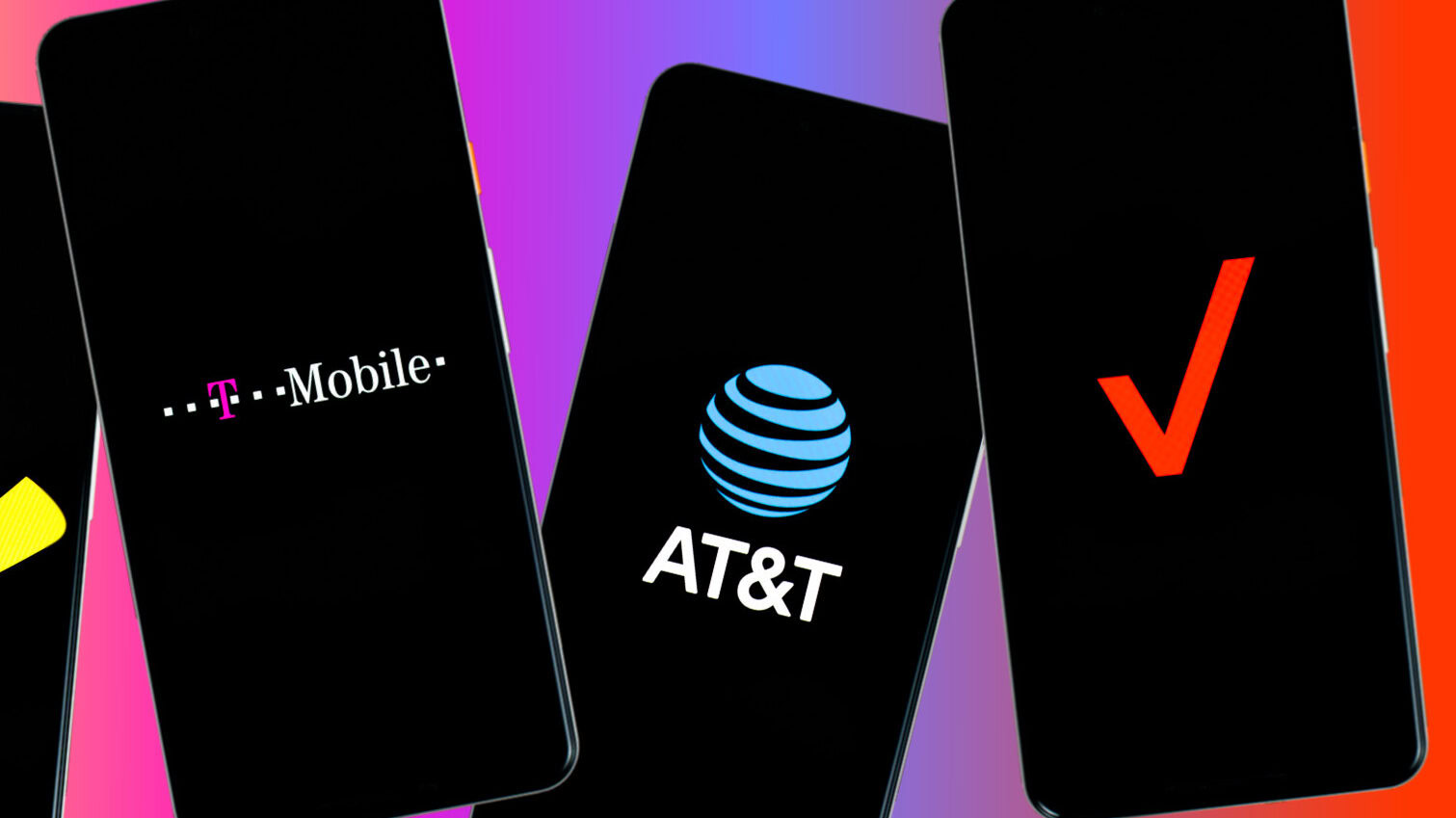
You’ve figured out what to get your kid for their new phone, but what about your phone plan? We highly recommend you don’t just rush out and add them to your family plan. For one, kids aren’t responsible. They are likely to do things that can drive up a traditional bill, and it’s almost inevitable they will break or lose at least one phone. In her earlier years with it, my daughter would lose her phone for weeks at a time, even though she never actually broke it.
You might also find that your kid is doing stuff behind your back that proves they can’t handle a phone. If you are locked into a traditional plan, it’s not always easy to cancel. While there’s no right plan, I highly recommend using a prepaid option such as US Mobile, Google Fi, or one of the countless other options. These make for the best kids’ phone plans because they are typically very affordable. And you can usually customize the plan to meet your kids’ needs.
We started my daughter out with FreedomPop since it had a free base plan. Eventually, we added her to a better prepaid plan, and this year, she graduated to our family plan at fourteen. An incremental approach like this is often the best.
Should you regift your old phone?
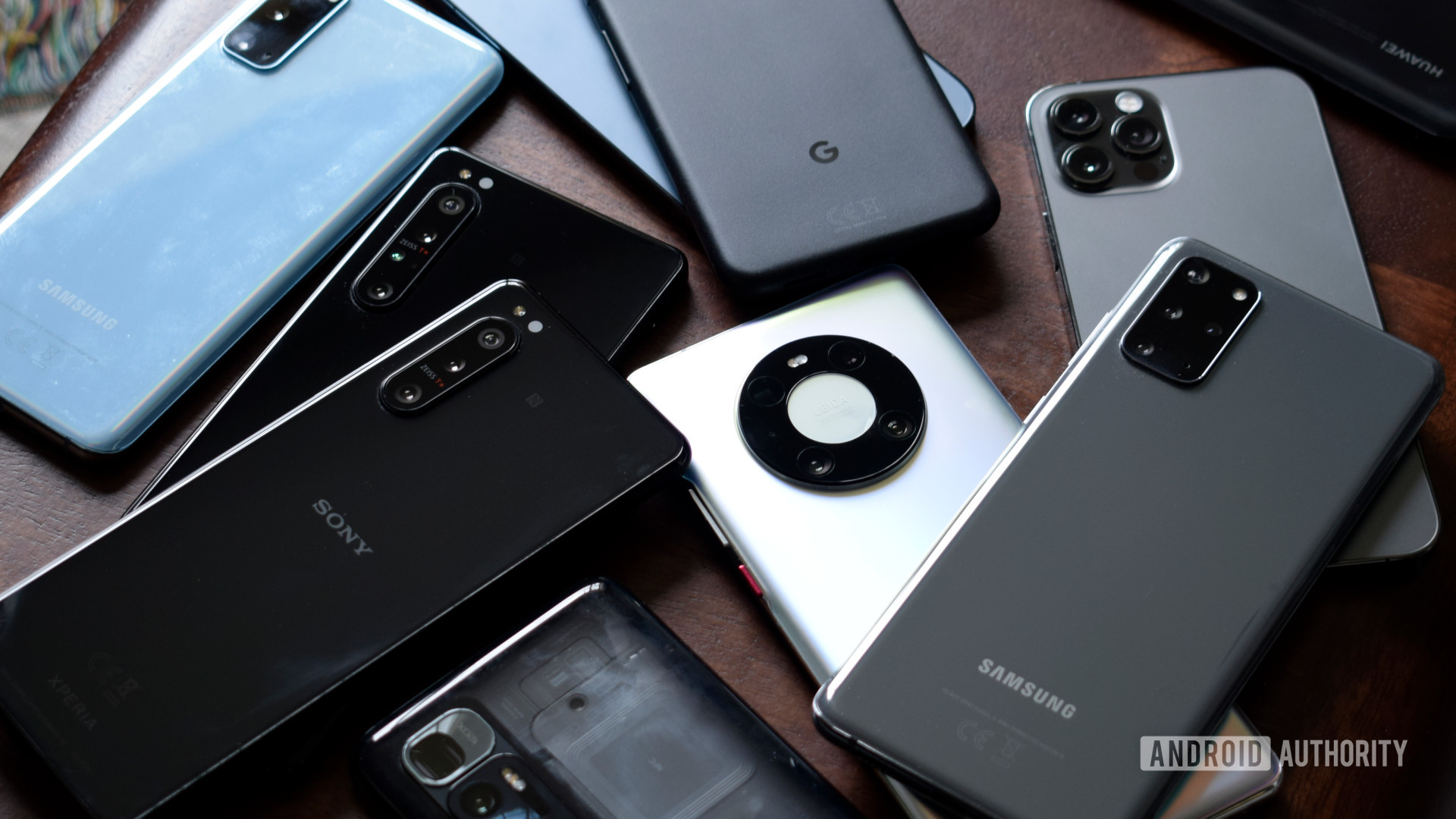
The reality is almost any phone will work as a kid’s phone. With that in mind, one of the best phones for kids might be an older phone you no longer use. Ensure it’s still performing “well enough” and works with the carrier or MVNO you are interested in. Alternatively, you can check out our guide for buying a used phone if you don’t have one lying around.
Will your kid be happy with a regifted phone? Depends on how they felt about your previous phone in the first place. Many older kids will look down on Android, but they might not have any issues with getting your old iPhone as long as it’s not ancient. In most cases, we wouldn’t give them an iPhone earlier than the iPhone XR/XS family.
My kid wants an iPhone, but do they really need one?
If you were to ask your kid right now, odds are they’ll say they want an iPhone, but do they really need one and should you give into social pressure? The answer to that is up to you as a parent, but beware it’s not just about the brand. Many teens have iMessage groups and will tease those who show up in the chat as a green box (indicating Android). This kind of pressure can be stressful for pre-teens and teenagers.
Before you rush out and buy an iPhone, discuss with your kids why they want one in the first place. If you feel it’s too expensive than other options, maybe work out a deal with them to pay for part of it out of their allowance or birthday money.
FAQ
There are a few ways to do this for Android, including using a third-party tracking app or Google’s Find My Device feature. iPhone users also have built-in tracking options which you can learn more about directly from Apple.
There are parental control options directly from Google and Apple for this purpose. Additionally, there are many third party parental control apps that give you even more control, including many of the best spy apps.
This depends on how much you spend on the phone as well as how responsible your child is. However, in many cases, we’d recommend it for those who spend over $150 on a phone. If you’ve spent less than that, insurance might not be worth the extra cost. Check out our guide to learn more about the best phone insurance options.
This will largely depend on your budget as well as the responsibility level of a kid. That said, we typically recommend going as cheap as possible for a first phone until a kid can prove themselves, similar to what most folks do with their teen’s first car. We would say anything between $150 and about $400 is a good investment for a kid’s smartphone, though you can spend even more if you know your kid is responsible based on how they treat other electronics and gadgets around your home.
The first phone is a big deal, so should it be a surprise? Again, it depends on your kid. A younger or less picky kid will be excited to have any phone, even a hand-me-down. If you know your kid tends to be particular, you might be better off involving them.
Thank you for being part of our community. Read our Comment Policy before posting.

